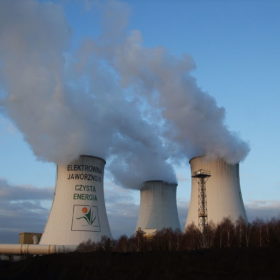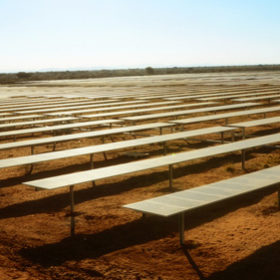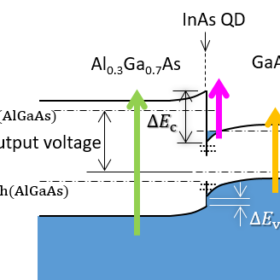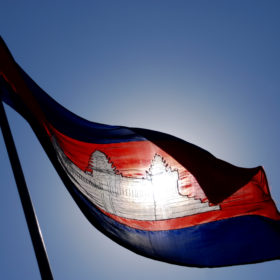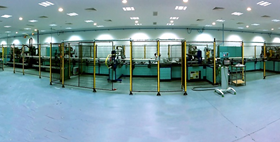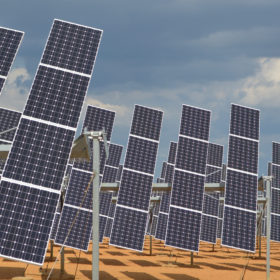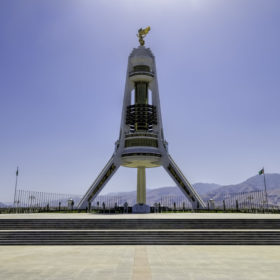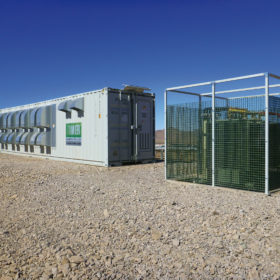Poland to miss 2020 EU renewable energy target, Ecofys
Poland is set to miss its target of covering up to 15% of energy demand with renewables by 2020. Under the most favorable scenario provided by a report released by local consultancy Ecofys, new additions for solar may reach 695 GWh, while the country is expected to reach a target of only 13.8% by the end of the decade.
South Africa makes it easier to deploy large-scale solar in renewable energy zones
The country’s Ministry of Environmental Affairs has simplified the environmental impact assessment process for large-scale solar and wind power projects in South Africa’s eight Renewable Energy Development Zones.
Japanese scientists seek to develop solar cell able to absorb spectral components of longer wavelengths
The new technology is designed to capture the spectral components of longer wavelengths that are usually lost during transmission through the solar cell. The Japanese scientists are using up-conversion of below-gap photons to reduce power losses and increase the cell efficiency.
Cambodia’s solar development moves forward with 10 MW project
The Asian Development Bank will provide Singapore-based Sunseap Group with $9.2 million. The company will use the funds to construct Cambodia’s first large-scale PV plant, a 10 MW facility located in Svay Rieng Province.
Aurés Solaire commissions Algeria’s second module factory
Algeria’s prime minister has inaugurated the country’s second solar module manufacturing facility in Batna. The French-Algerian module maker intends to double the factory’s capacity to 60 MW at a later stage.
Global installed PV capacity exceeds 300 GW, IEA PVPS
The world’s cumulative PV capacity had surpassed 303 GW at the of 2016, according to a report from IEA PVPS. Globally, solar power is now able to cover approximately 1.8% of power demand.
India’s Central Electronics Limited seeks partners to expand capacity of PV module factory
The Indian state-owned technology company issued an expression of interest to seek potential partners to expand capacity at its module manufacturing facility in Uttar Pradesh, India.
French presidential election: what to expect for solar from the winners of the first round?
Both winners of the first round have said they want more solar during their electoral campaigns. While Macron promises to double installed PV capacity by 2022, Le Pen claims she will push for a massive deployment of solar and biomass (not wind), although under an “intelligent protectionism”.
OSCE helps Turkmenistan take advantage of its solar potential
The international organization has organized an event to help local government and institutions to develop a national strategy for solar energy.
Fimer provides inverters for 754 MW PV project in Mexico
The Italian inverter maker will supply its devices for Mexico’s largest solar project. The company is also planning to expand capacity at its manufacturing facility in northern Italy.

